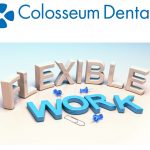Niki Keyhani, founder and owner of the Horsham Dental Studio, discusses starting a practice during lockdown, life as an ambitious young dentist, Denplan’s Next Generation Dental Group, and coffee
In the summer of 2021, Denplan launched a new initiative to develop the next generation of leaders in dentistry, bringing together a small select group of young Denplan member dentists. Dubbed the ‘Next Generation Dental Group’, the initiative provides aspiring young dentists with the opportunities to develop their leadership skills outside the traditional clinical setting. Denplan has created the platform for this group to serve as a national voice for young dentists, helping to shape the future of the dental profession.
One member of the Next Generation Dental Group is Niki Keyhani, founder and owner of the Horsham Dental Studio. At the age of 28, Niki is not only responsible for running and operating the business while keeping clinical hours, but she is also studying for a four-year Masters of Clinical Dentistry degree in Prosthodontics, following receipt of her diploma in restorative dentistry.
Here, Niki took some time out of her busy schedule to answer our questions.
You founded the Horsham Dental Studio in 2020. What challenges did you face in opening a practice during lockdown?
We were meant to open the week before the first lockdown started. We were scheduled for our CQC inspection a day or two before. So, not exactly wonderful timing for us.
The CQC inspection was ultimately done remotely, but our NHS inspection actually took place on-site and in-person. It was a nerve-wracking time – for so many reasons – but, in the end, we were good to go.
It must have taken some resilience to get through that time. Can you tell us a little about yourself and your background?
I always knew I wanted to go into dentistry and I qualified in 2017. Once I’d reached that life goal, I started wondering, ‘What do I do now? What’s the next step?’ Looking around, there were almost too many options.
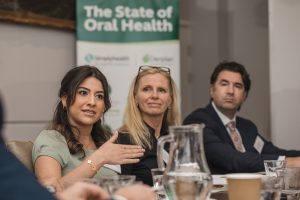
I knew for sure that I wanted to be in the practice environment, which I love. But I also wanted to continue developing my skillset. So, I went in for the diploma in restorative dental practice at the Eastman Dental Hospital, which got the ball rolling as far as my postgraduate education is concerned. The first year went really well and I got the bug; I learned a lot, met incredible industry leaders and made some great friends. I even won an award! And then I realised that I wanted to keep going and keep learning so I decided to apply for the MClinDent in Prosthodontics.
Timing wise, it was a little crazy, because this was while I was opening the practice, but I submitted my application because you’re always told that you’re never going to get in on the first time you apply. However, I was extremely fortunate and I received the offer, which of course I couldn’t reject. So, I went straight from being an associate and doing a diploma to owning the practice and working my way towards specialising.
You find yourself wearing many hats. When do you find time to sleep?
I find time to make and drink a lot of coffee! That counteracts the lack of sleep nicely.
What’s your favourite type of coffee?
Depends on the weather. Is it warm or cold? Honestly, I could go for anything: a cappuccino, chai latte, an iced latte… As long as it has caffeine, I’m good for it.
You’re also a part of the Denplan Next Generation Dental Group. What does that entail?
The Next Gen is a group of young dentists; all of us are Denplan members and the majority of us are principals. We all work in either mixed or private practices and Denplan connected us to essentially form a community in which we can discuss and tackle the issues that we’re facing at the moment within our profession.
I feel like dentistry is changing so much and at such a rapid pace that communication with the public is key. Patients don’t always know what to expect from the constant changes that are being made and how to access their dentists. So, the Next Generation Dental Group is an opportunity for us to discuss and hopefully advise on how to change things moving forward.
On top of that, the best part is having a group of colleagues who are in a similar position to you, with whom you can discuss the difficulties we have all been experiencing. We’re all based in practice and have to deal with the daily challenges that brings, and having that support network is incredible.
Most excitingly, we’re putting together a draft policy paper to advise the government at the moment. I don’t think I can reveal too much yet but, hopefully, everyone will be able to read that soon and see what we’ve been discussing, what we’ve identified and what we want to bring out and implement in the future.
What does the life of a young dentist look like in 2022? You certainly seem to have a lot to balance.
That’s right and my week is a little fragmented. On Mondays, Tuesdays, and Fridays, I’m at university. On Thursdays, I’m in practice and get to see patients. And Wednesday is my ‘get to pick’ day, so I can decide whether I want to be in practice, or whether I’m better off doing some admin work for the practice, or whether I could use an extra day at university that week, so that gives me the flexibility that I sometimes really need.
Even the weekends can be a bit of a wild card. On Saturdays and Sundays, I get the chance to choose between doing some extra work for the practice or towards my university course. Of course, on occasion, I’ll stop and give myself some downtime too.
What keeps me going is my calendar and my to-do list! My friends have always known me as the ‘Filofax girl’. I’ve always had a very stringent daily list of tasks that had to be done. All that’s changed is that I’ve gone digital, so the Filofax has been replaced by my phone and its To-Do Lists button. This helps me make sure everything is in hand and nothing is overlooked.
Ultimately, the life of a young dentist has its challenges, but I feel fortunate to be in this profession at such an exciting time. We’re privileged to be able to contribute and steer dentistry forward in a positive way at a time our influence can be heard.
Niki joined us on The Probe Dental Podcast recently. You can find the full episode with her here – https://the-probe.co.uk/blog/2022/06/denplan-sessions-niki-next-gen/
For more from Niki, you can find her on Instagram @dr.nikikey
To find out more about the Denplan Next Generation Dental Group, visit denplan.co.uk.




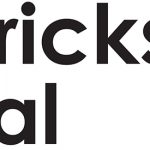
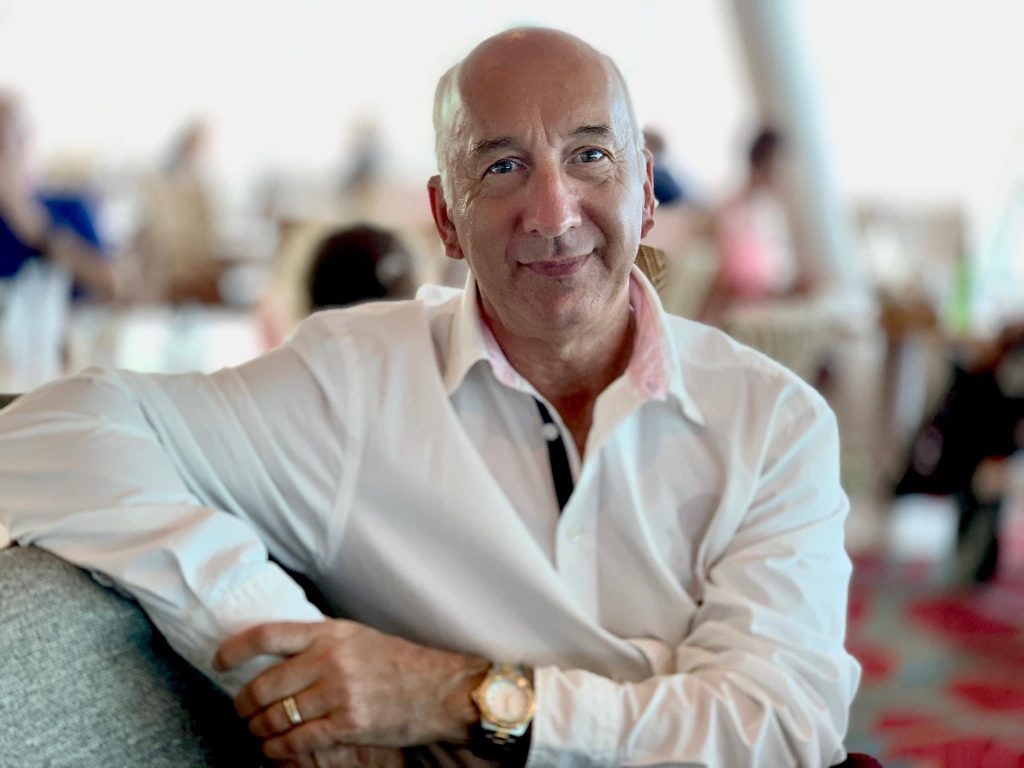 Big companies operate with multiple departments; IT, HR, Health & Safety, Accounts and the rest. As a dentist you have to do all this without training, which had led me down the route of stress, anxiety and depression. I had already taken the practice mostly private, so thought it was worth having a chat with corporates who we could work with without feeling like the character was being sucked out of us. Rodericks was recommended by one of our previous associates. At this point, I had turned down a couple offers from other corporates, so gave them a call.
Big companies operate with multiple departments; IT, HR, Health & Safety, Accounts and the rest. As a dentist you have to do all this without training, which had led me down the route of stress, anxiety and depression. I had already taken the practice mostly private, so thought it was worth having a chat with corporates who we could work with without feeling like the character was being sucked out of us. Rodericks was recommended by one of our previous associates. At this point, I had turned down a couple offers from other corporates, so gave them a call.
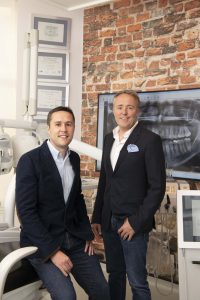


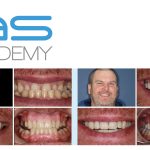
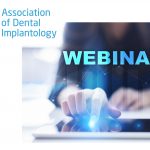
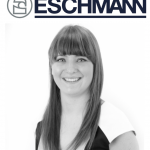
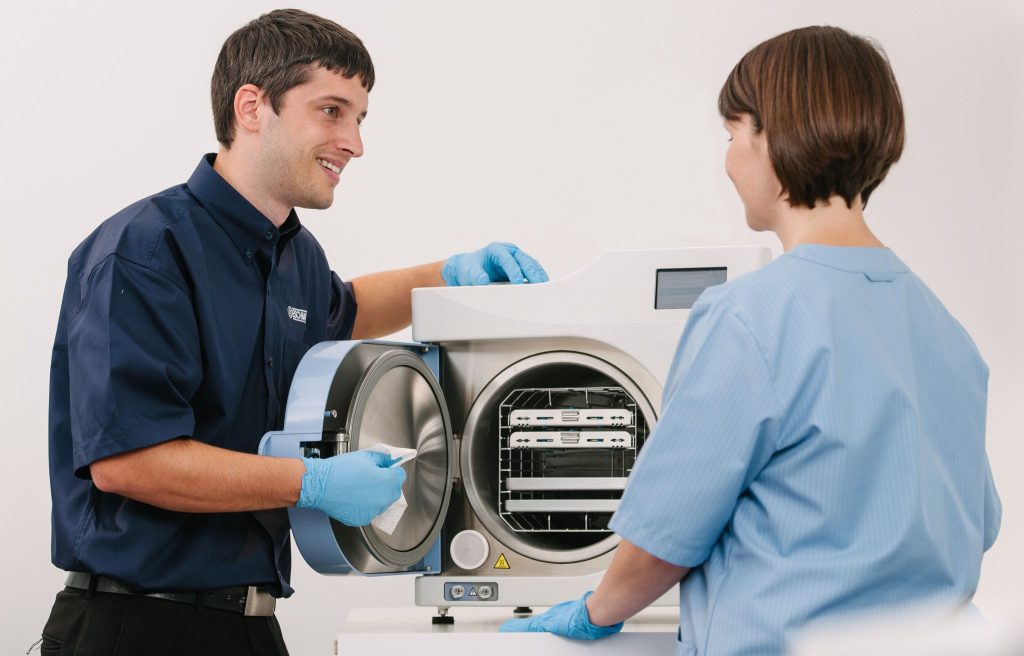

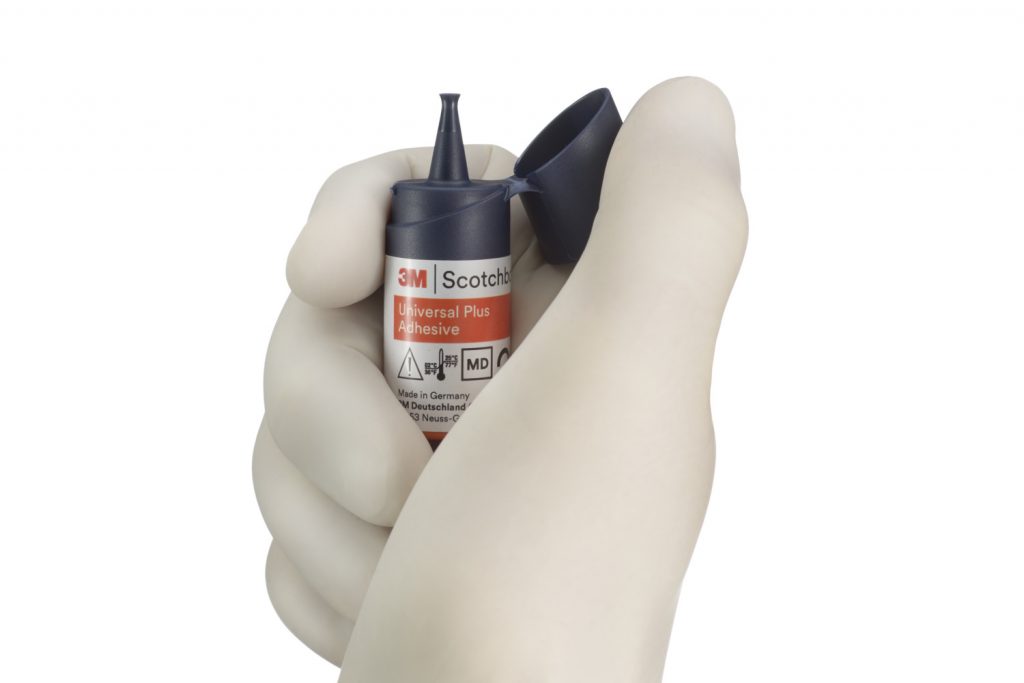 Product selection can influence post-operative sensitivity in a number of ways. For example, if a composite is prone to shrinkage after placement, this could cause stresses within the tooth, resulting in sensitivity. A dental adhesive can also cause sensitivity issues, especially if microleakages occur.
Product selection can influence post-operative sensitivity in a number of ways. For example, if a composite is prone to shrinkage after placement, this could cause stresses within the tooth, resulting in sensitivity. A dental adhesive can also cause sensitivity issues, especially if microleakages occur.